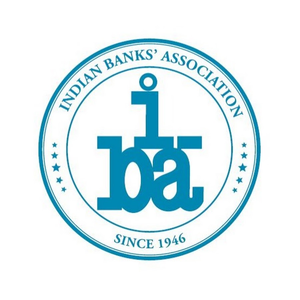The Union Budget has placed a significant emphasis on easing business operations, rationalizing personal income tax slabs to boost domestic consumption, and enhancing the flow of institutional financial resources to farmers, MSMEs, and exports, while maintaining financial discipline, according to Indian Banks’ Association (IBA) Chairman and Central Bank of India Managing Director and CEO M.V. Rao.
The budget includes an increase in the loan limit under the Modified Interest Subvention Scheme from $3 million to $5 million for loans taken through the KCC and India Post. Additionally, India Post Payment Banks are set to act as catalysts for the rural economy by providing services such as DBT, cash out, EMI pick-up, credit services to micro-enterprises, insurance, and assisted digital services, directly involving the banking sector.
Rao highlighted the proposal to support the National Cooperative Development Corporation (NCDC) for lending operations in the cooperative sector, which is expected to positively impact the rural economy.
Banks play a crucial role in funding the MSME sector, and the budget includes several proposals to support this sector. These proposals include increasing the investment and turnover limits for the classification of all MSMEs to facilitate their growth, enhancing credit guarantee cover for MSMEs, startups, and well-run exporter MSMEs, and introducing customized credit cards with a limit of $5 million for micro-enterprises registered on the Udyam Portal. These measures are expected to help banks further increase funding to these sectors.
The budget also proposes enhancing the limit of Foreign Direct Investment in the insurance sector from the existing 74% to 100% for companies that invest the entire premium in India. Other proposals include a partial credit enhancement facility for corporate bonds for infrastructure by NaBFID, the development of a Grameen Credit Score framework by Public Sector Banks to serve the credit needs of SHG members and people in rural areas, and the formation of a high-level committee for regulatory reforms to review all non-financial sector regulations to improve governance and the investment friendliness index of states.
Rao noted that the budget relies more on domestic drivers for growth while ensuring fiscal discipline, which could benefit monetary policy as well.





